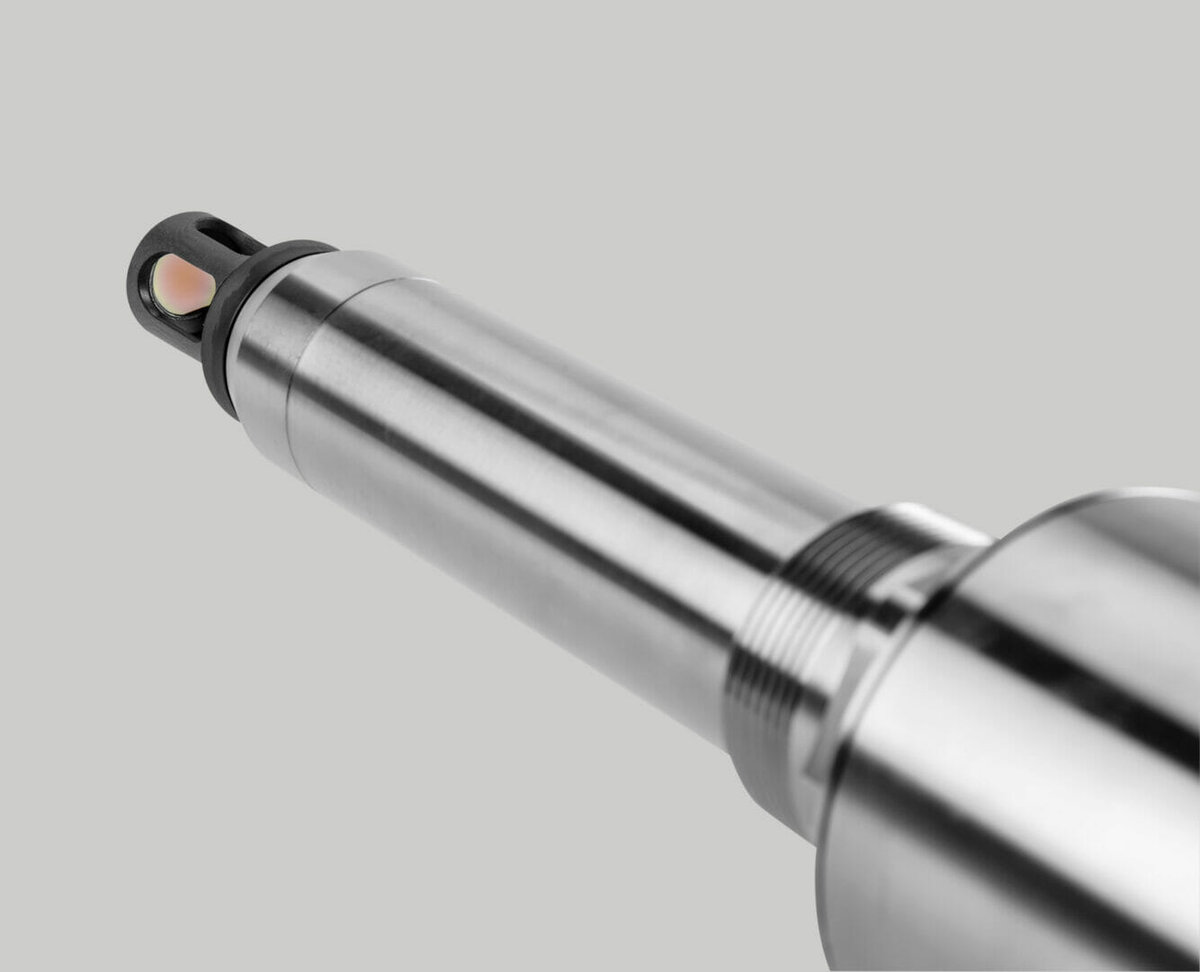The Vaisala stand, 016 in hall D6, at the Ecomondo Green Technology Expo in Rimini, Italy, 5-8 November 2019, will feature Vaisala’s new Ex certified in-line multigas measurement instrument, the MGP261. With this technology, biogas plant operators will, for the first time, be able to optimize the production of high quality biogas in real-time, and thereby derive greater value from biowaste.
Experts from Vaisala will be available on the stand to explain how this new technology can lower costs and increase revenues in biogas applications such as anaerobic digestion and landfill gas. One of the key issues to be addressed will be the importance of measuring both gas flow and quality on a wet basis, because failure to do so can have enormous financial consequences.
Vaisala’s innovative MGP261 multigas probe is the world’s first in situ biogas instrument measuring multiple gases in demanding biogas processing conditions where repeatable, stable, and accurate measurements are essential. The instrument combines methane (CH4), carbon dioxide (CO2) and humidity measurements with Vaisala’s patented infrared CARBOCAP® sensors in a single gas sample cell directly inside the biogas pipeline. The MGP261 is certified for use in Ex Zone 0 and 1. This offers very significant advantages over extractive gas analyzers, which require auxiliary sample gas sampling pumps and gas drying equipment.
“This new technology was launched in January 2019, and we are already seeing the benefits this innovation brings to the biogas industry. The better you can monitor your entire process and react to changes in the gas composition and humidity; the more efficient the biogas plant becomes,” comments Product Manager Antti Heikkilä from Vaisala.
The MGP261 can deliver extra value by deployment at various locations in a biogas plant. These include: within or after the digester – to optimize waste loading; after the heat exchanger – to optimize drying; prior to the activated carbon filter – to optimize filtration; prior to a CHP engine – to optimize engine performance, and prior to a methane upgrading plant – to optimize the G2G process.
Gas engine specialist CooperÖstlund was one of the first to investigate the potential advantages of the MGP261. Technical Director Kyle Kirby explains: “Process optimization is a key feature of the service that we deliver, so we were keen to evaluate the potential offered by this new technology, and deployed a multigas probe at one of our customer sites in the UK.
“The probe was installed to check whether moisture was being removed from the biogas produced by the plant. This not only validated that the gas chillers were operating successfully, but also ensured that the business maintained a consistently high quality of biogas, which is used in on-site CHP and gas to grid processes. The instrument has performed very well for over 6 months and we will now offer the MGP261 to customers with both new and existing CHP installations to help improve the efficiency of their sites.”





